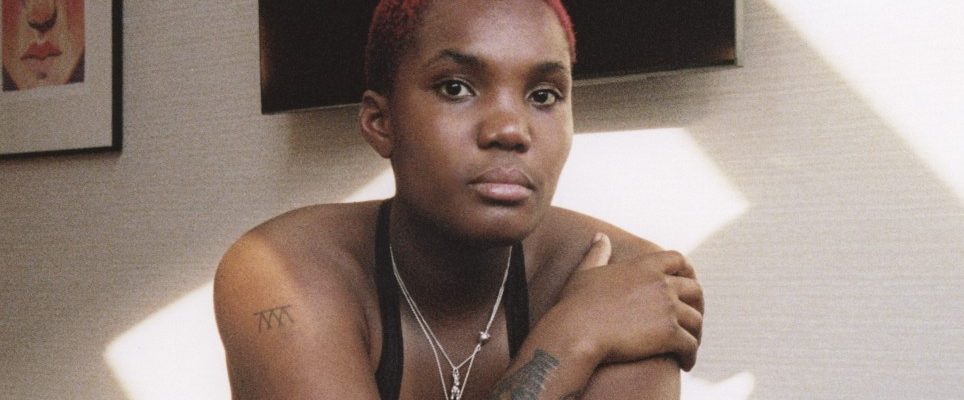Arlo Parks isn’t just a talented singer, she saved an entire genre of music from the brink of extinction. British indie pop wouldn’t have gotten off the ground without them. The lyrics of The Kooks and Co. sound too boyish to be able to tell the upheavals of MeToo and Black Lives Matter in a relevant way. But the queer singer from London, whose real name is Anaïs Oluwatoyin Estelle Marinho, captures the tone of the present very accurately.
Five years ago, her first single “Cola” conquered the Spotify charts. The baseline paired with Park’s velvety voice reflects the melancholy of that “Super Sad Generation” contrary, after whom she named her first EP in 2019. With her debut album “Collapsed in Sunbeams” she became a model English artist. Finally the British had a singer who is at least as depressed as Billie Eilish, but writes even cleverer lyrics.
Parallel to her second album “My Soft Machine” she has now also published a volume of poetry; “The Magic Border” is her literary debut. The German version was published by Ullstein Verlag and was translated by rapper Amanda Mukasonga.
Her style has always been visually strong and since her first single “Cola” it has always carried a touch of culinary delights. In her songs it’s nice and funny, but in her book of poems it seems repetitive: “We pickle vegetables for each other”, “peels oranges when I’m sick”, “lemon plasma” – that’s just the menu of the first three poems and That’s how it goes on.
The volume also consists of a total of 32 lyrics, including the twelve lyrics from the new album. The book would be a nice supplement as a gimmick to the record, but the content is too thin to be an original literary work. Her role models Ocean Vuong, Annie Ernaux and Sylvia Plath can be clearly read in the verses, but because the complexity is missing, the poems sound more loud than melancholic.
“Olive oil boy, open fire, / I may never change your life, but / today is still a good day,” is how one of her last poems ends. The rhythm is reminiscent of poetry slam, where an additional pause for breath is taken after connecting words in order to insinuate (breathing pause) depth.
The singer has a great linguistic talent, which she demonstrates again and again in her songs. With the right baseline in the right tone, the verses have a great impact, but in the printed version they remain pale. Arlo Parks writes about the dialectic of poetry and music in the introduction: “As a teenager, I loved banging on my guitar in front of five people in damp basements and closing my eyes while I clicked ‘upload’ on SoundCloud,” writes she. Things are different with poetry, because “lyric poetry has always been my place, my little clearing in the forest, where I could calmly accommodate everything I had inside me.”
Two souls live in the singer’s chest: that of the musician and that of the poet. The French chanson singer Georges Brassens, for example, always reacted irritably in interviews when asked whether he was more of a poet, a Jean de La Fontaine with a guitar. He complained that the question suggested that the poet was superior to the singer. But as a musician you are both. Most recently, Kae Tempest has been acclaimed for both music and poetry. Arlo Parks could develop in the same direction, she has the talent. She could later still dismiss the volume of poetry “The Magic Border” as a literary sin of her youth. The singer turned 23 in August.

